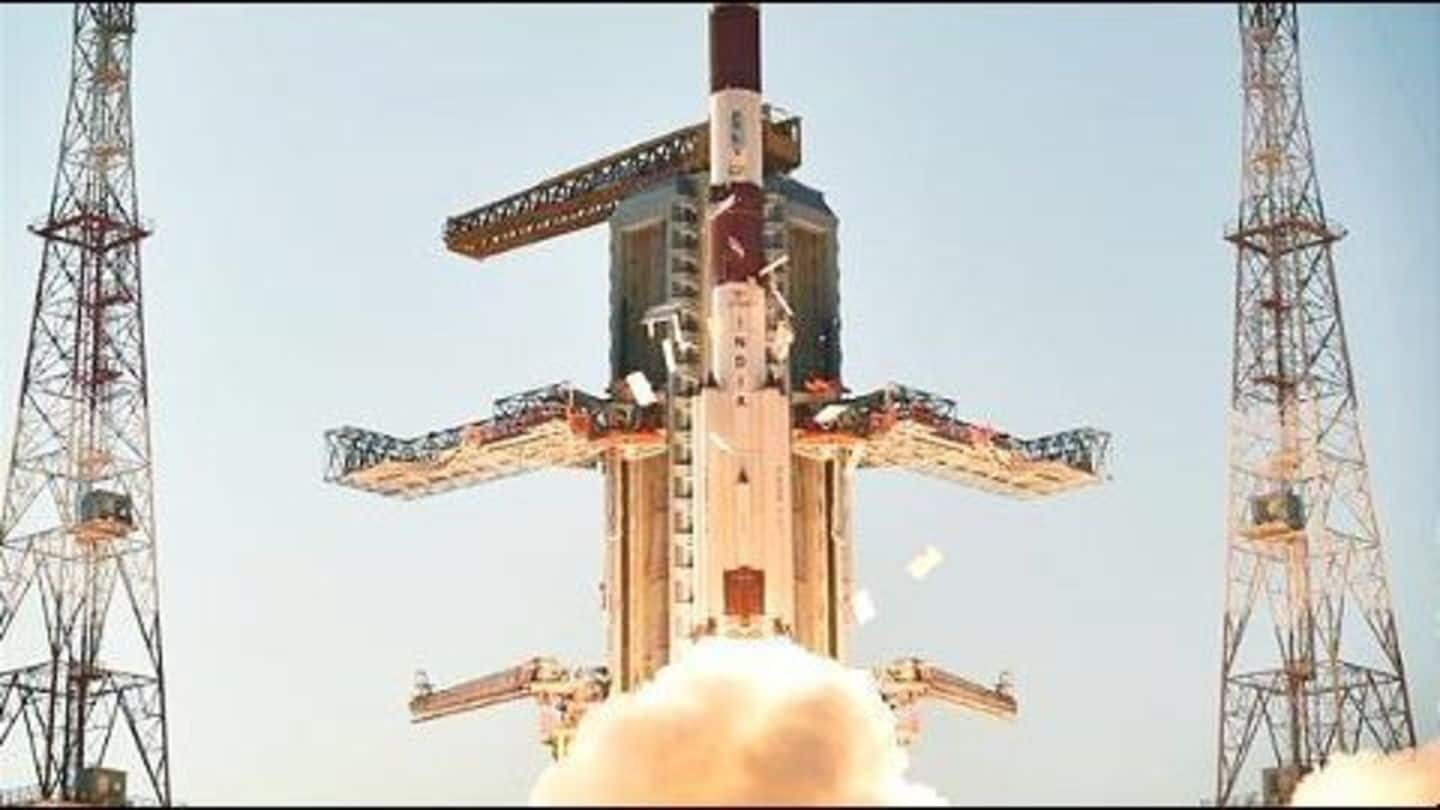
ISRO low-cost launch vehicles damaging US space companies
What's the story
The US space industry displayed its displeasure towards the large-scale utilization of India's low-cost ISRO launch vehicles for installing American satellites into orbits. The corporate leaders of US space industry said that such a move would be damaging to the future of the American private sector companies. It was hard to compete with the low-cost prices of India, they said.
Antrix
Antrix Corporation: ISRO's marketing arm
ISRO's space technology services used for the launching of satellites are sold through Antrix Corporation. Antrix Corporation was organized as a private limited company controlled by the Indian government in September 1992. It's the selling/buying arm of ISRO for development and commercialization of technical consultancy services, space products and transfer of technologies developed by ISRO to other countries.
PSLV
Polar Satellite Launch Vehicle: Reliable and economical
India's main launch medium (the rocket used to convey the satellite into the space) is the PSLV. PSLV is one of the most stable and reliable launch vehicles in the world. Since 1997, it completed 25 consecutive successful flights, till April 2014. PSLV is also undoubtedly among the cheapest launch vehicles in the world ($15m) compared to the European Vega ($20m) or Russian Dnepr-1($26m).
11 Mar 2016
India to thrust 12 US satellites in 2016-17
Minister of state Jitendra Singh announced in the Rajya Sabha that India is set to launch "25 foreign satellites in 2016-17 using the Polar Satellite Launch Vehicle (PSLV)." 12 of these scheduled launches belong to the US. From January 2013 till December 2015, the Indian Space Research Organisation helped to launch 28 foreign satellites and 4 amongst these were for the US.
Data
Antrix's revenue from 2013 to 2015
Antrix recorded a revenue of 80.6 million euros through launch of these 28 foreign customer satellites into space
11 Apr 2016
FAA backs ban on using Indian launching services
The US Department of Transportation's Federal Aviation Administration (FAA) supported the Commercial Space Transportation Advisory Committee's (COMSTAC) proposal to continue to prohibit US satellites from using India's PSLV. The FAA agreed that Indian launch services operated by ISRO threatened to "distort the conditions of competition" in the launch-services market. It said that India's refusal to sign the Commercial Space Launch Agreement justified the ban.
Definition
What is CSLA?
Commercial Space Launch Agreement obliges non-U.S. rocket providers to sign an agreement which sets "U.S. commercial launch prices as the world minimum for government-owned non-U.S. launch providers."